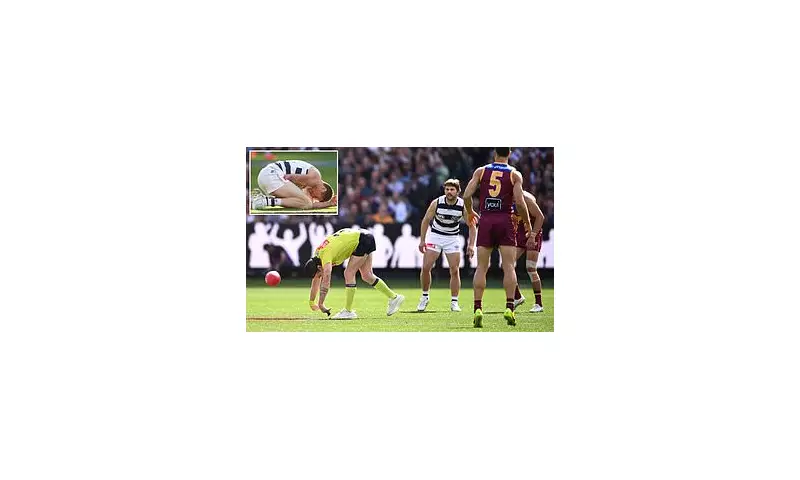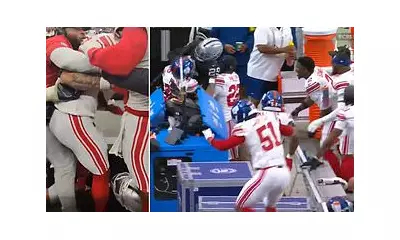
The Australian Football League is poised for one of its most significant rule transformations in recent history, with official confirmation that the contentious substitute system for centre bounces will be completely eliminated starting from the 2026 season.
The End of an Era
After extensive deliberation and mounting pressure from clubs, players, and fans alike, the AFL Commission has reached a landmark decision to scrap the much-debated substitute rule that has dramatically altered team strategies and match dynamics since its introduction.
Why The Change Was Necessary
The substitute rule, which allowed teams to replace players during centre bounce situations, has been a source of constant controversy. Critics argued it created unfair advantages, disrupted game flow, and complicated team selection processes beyond recognition.
Key factors driving this revolutionary change include:
- Restoring traditional tactical approaches to centre bounces
- Simplifying team management and selection headaches
- Addressing concerns about competitive balance between clubs
- Responding to overwhelming feedback from the football community
What This Means for The Future of AFL
This monumental shift represents a return to football fundamentals while acknowledging that not all innovations serve the game's best interests. The 2026 season will now feature a purer form of the sport, where centre bounce situations will test genuine ruck prowess and midfield strategy without substitution interference.
The decision marks a victory for traditionalists who have long campaigned against what they perceived as unnecessary tinkering with the game's core mechanics.
Looking Ahead to 2026
With two seasons to prepare for this fundamental change, clubs will need to radically rethink their recruitment strategies, training methodologies, and in-game tactical approaches. The removal of the substitute rule promises to reshape how teams construct their playing lists and develop ruck contingencies.
This bold move demonstrates the AFL's willingness to listen to its stakeholders and reverse course when innovations prove detrimental to the sport's integrity and entertainment value.





